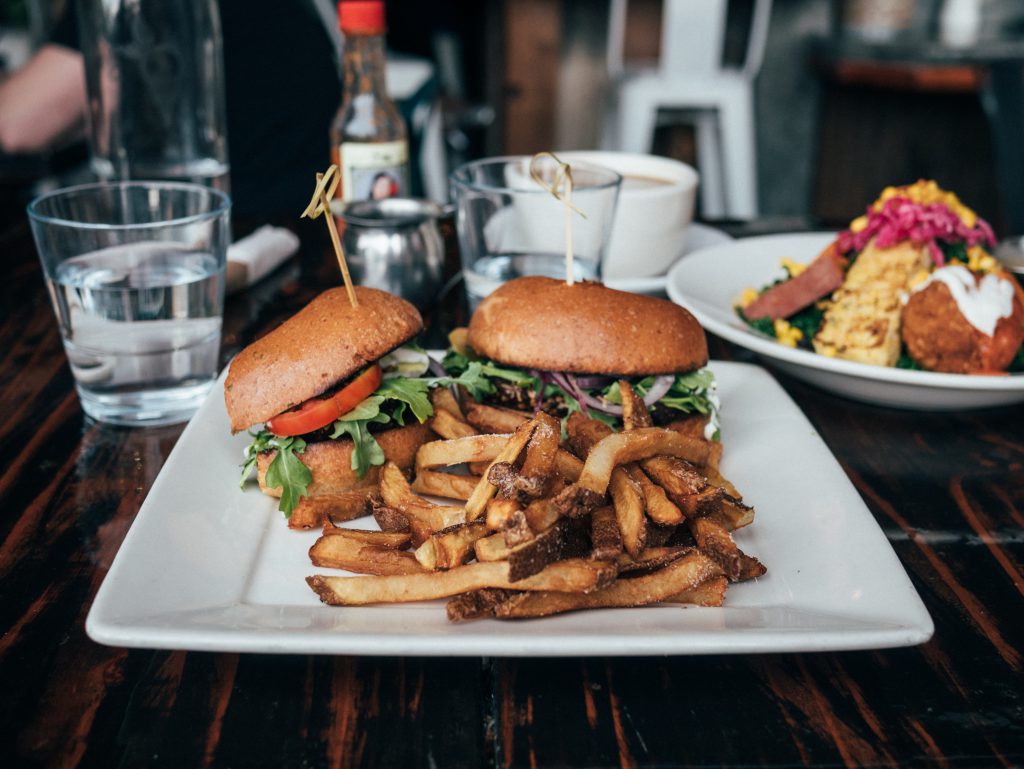Cheat Days: Are they actually healthy for you?
Are you being cheated by your "cheat" days?

They say that unhealthy foods always taste the best. Case in point: burgers & fries, fudgy brownies and ice cream.
Which is why even the most dedicated health freaks have junk food cravings from time to time. In order to get the best of both fitness and gastronomical desires, you've probably heard of the idea of a "Cheat Day": a day where streams of nutritionless calorie-rich foods flow like there's no tomorrow, it's every gym junkie's boon and bane.
Cheat days have become a much-debated topic by fitness aficionados all over the world. Some say they boost metabolism and defuse feelings of deprivation, while others are convinced that they will do your body some serious harm. But what is the truth?
What exactly is a cheat day?
Here's how it works: subscribers of the cheat days essentially eat clean for six days of the week. This usually entails tracking of calories and macros and eliminating any unhealthy foods from their diet completely. (That's right, no cookies or pizza.)
But on the seventh day (or whichever dedicated cheat day), they allow themselves to binge eat anything their heart desires - typically foods that are higher in sugar and fat than what they'd normally consume.
So is it helpful or harmful?
Cheat days have become a source of contention over the past few decades. Those who are in favour claim that they help to enhance your metabolism. They say that sticking to a rigid structure of eating healthy foods every day can blunt one's metabolism and reduce its ability to burn more calories than it's used to. In essence, a cheat day helps to 'shock' the body and amp up its metabolism rate.
While this is true to some extent, it barely justifies the validity of a cheat day. Let's say, for instance: you normally consume 2,000 calories a day and on your cheat day, you indulge in 3,000 calories. Your metabolism rate would probably increase to handle the dramatic bulge in food intake but definitely not to 3,000. How can eating an extra 1,000 calories to boost your metabolism rate by say, 20 calories, ever sound right?
In addition, studies have shown that just one day of binge eating can increase the likelihood of a person getting diabetes. This is because the heightened consumption of junk food can numb our insulin sensitivity and mess with our body's ability to properly process sugar. Doesn't sound too good, huh?
Best way to go about cheat days?
Moderation. Moderation is key. Instead of scheduling a fixed day where you splurge your calories like nobody's business, why not incorporate sensible amounts of cheat foods into your daily diet? A cookie or two after lunch or a mini slice of cake after dinner won't hurt. In fact, these little snacks can serve as daily motivations for you to train even harder.
If you really want to have a cheat day, don't go too crazy with it. Go ahead; indulge in burgers and pizzas, but all in moderation. Consuming 10,000 calories in 24 hours is certainly not the best idea. Even better, swap these cheat foods for healthier alternatives! For example, instead of wolfing down calorie-rich ice cream, why not have banana ice cream or an acai bowl? Or if you're craving for a chocolate bar, opt for one with a higher cocoa percentage.
We know, managing your health isn't the easiest thing but at the end of the day, it's all going to be worth it.
Lim Han
Read More:
10 Best restaurants to hit up for healthy eats in the West of Singapore
8 Underestimated health foods that you need to know
Switch Them Out: 12 Healthy alternatives to your everyday kitchen staples



